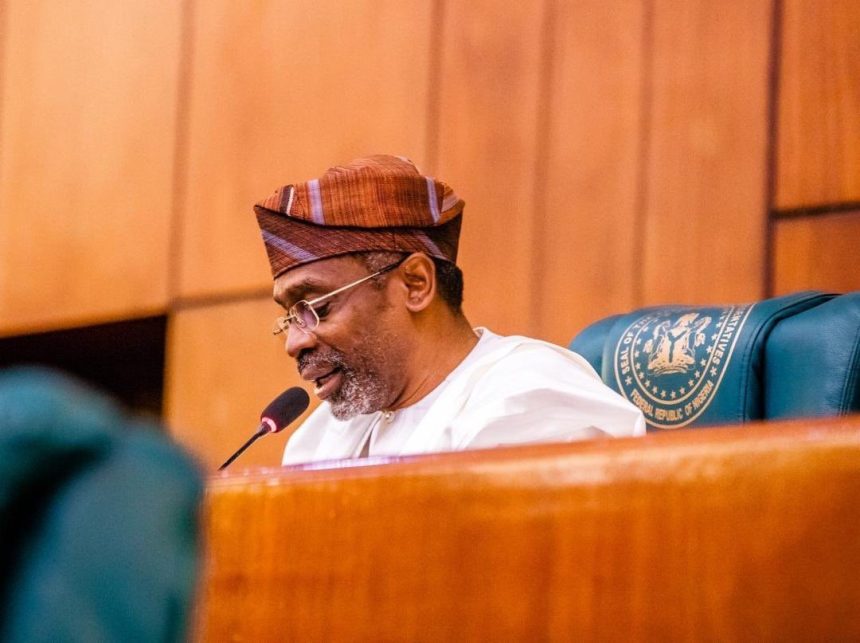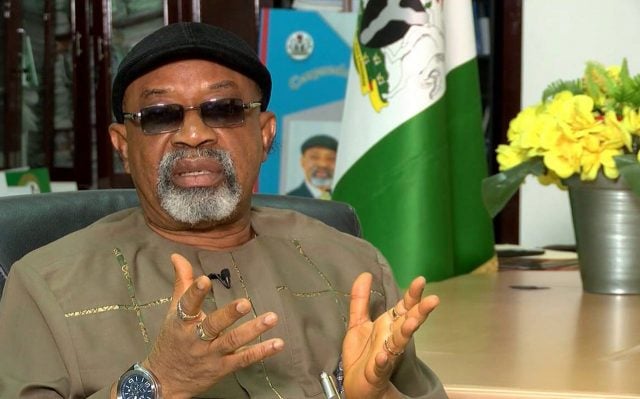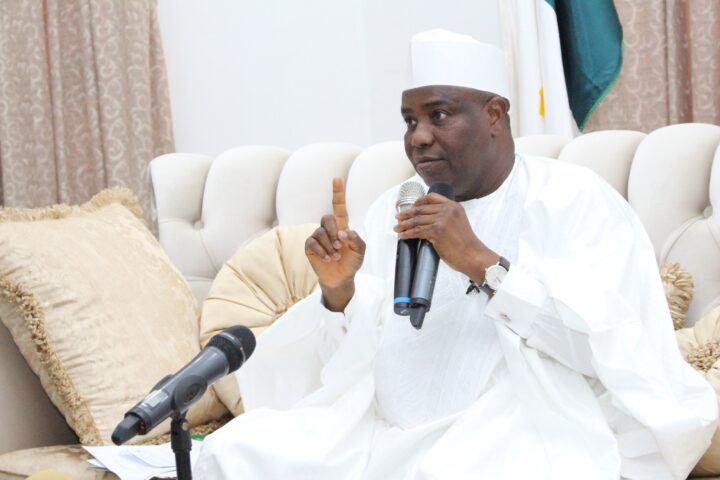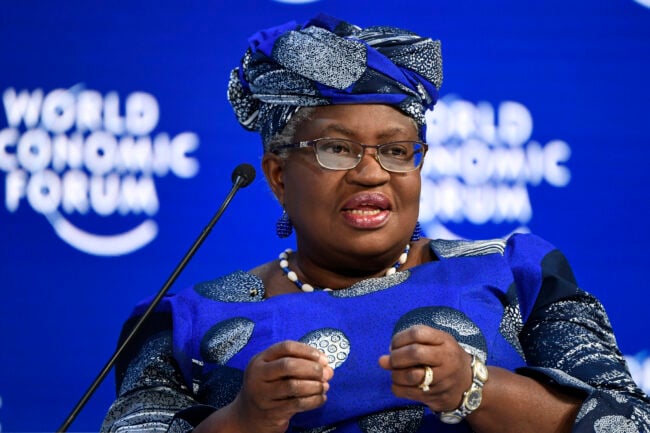The Human and Environmental Development Agenda (HEDA), a civil society organisation, says the coronavirus pandemic has showed the weak capacity of government to respond to the needs of the people.
Speaking in Lagos at a public presentation of the organisation’s report on leadership approval rating, Olanrewaju Suraju, chairman of HEDA, said government policies would be beneficial if it could avoid the temptation of assuming for the citizens.
The chairman said HEDA’s recent survey showed that certain government policies have not yielded the desired results because such decisions do not factor in citizens engagement.
“In Nigeria, government responses to public needs remain a major source of concern. The current COVID-19 pandemic has further exposed the weak capacity of the government to understand and respond to the needs and aspirations of Nigerians,” he said.
Advertisement
“In February this year, Nigeria recorded her index COVID-19 case. This led to shutdown of the country for public health reasons. As at October this year, some 38.1 million people have been affected with COVID-19 worldwide. 1.09 million of this figure are dead.
“The reality is that most of these deaths were largely due to the nature of responses from the government. Countries with swift and decisive responses recorded low deaths while those with poor mechanisms record high rate of deaths.
On the importance of the report, Suraju said it will provide better insight into ensuring better welfare for citizens.
Advertisement
“This report seeks to set the foundation for a biannual citizens’ perception survey to be conducted by HEDA Resource Centre for the purpose of challenging government on its policies and programmes,” he said.
“Also, the survey will help mobilise citizens for popular participation in government and demand for accountability in the implementation of policies and programmes.
“Government will ultimately be forced to adopt the consultation strategy in designing, implementing, monitoring and evaluating its programmes and imbibe people-oriented initiatives.
“HEDA Resource Centre will follow up with the recommendations of the research to the states and federal government with the hope that the valuable suggestions will help the government to improve in subsequent responses to the critical needs of Nigerians.”
Advertisement
On his part, Babajide Ogunsanwo, founder of factbox, a survey and data analysis organisation, said Nigeria is witnessing six decades of not measuring citizens’ mood, compared to the US where all decisions are based on surveys and polls.
“What you cannot measure, you can’t manage. Public opinion poll is sacrosanct. What we’re experiencing today is a dearth of measurement. The government is interested in measuring other things and there are several other things that are not being measured,” Ogunsanwo said.
“Inflation and growth are being measured, but is the government its approval rating? If the government had been measuring its approval rating, what is happening, for example, the insistence of #EndSARS protesters to remain on the streets after several declarations, will not come as a surprise.
“The government is not measuring the satisfaction of citizens. Government is not conducting polls to find out the acceptance of its policies.
Advertisement
“Prior to this, we had measured the frustration rate among Nigerians under three key indicators — unemployment, underemployment and electricity — and the result was at an all-time high. The statistics from the National Bureau of Statistics (NBS) also attests to this.
“If government had been measuring and conducting polls, it could have avoided and/or managed certain crises without eruption.”
Advertisement
Add a comment






